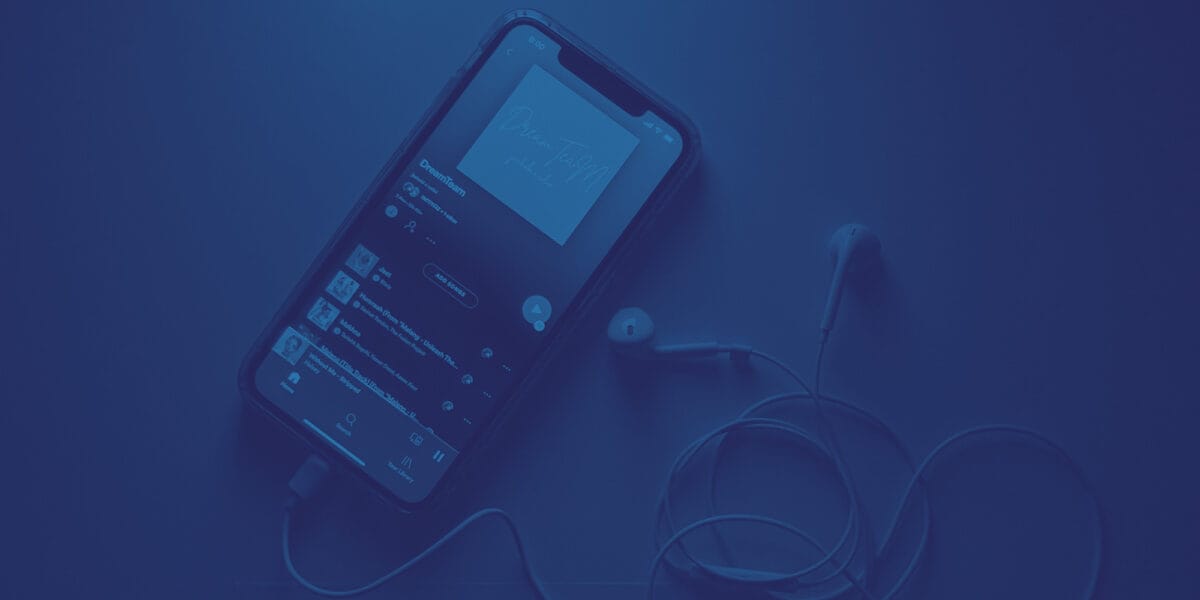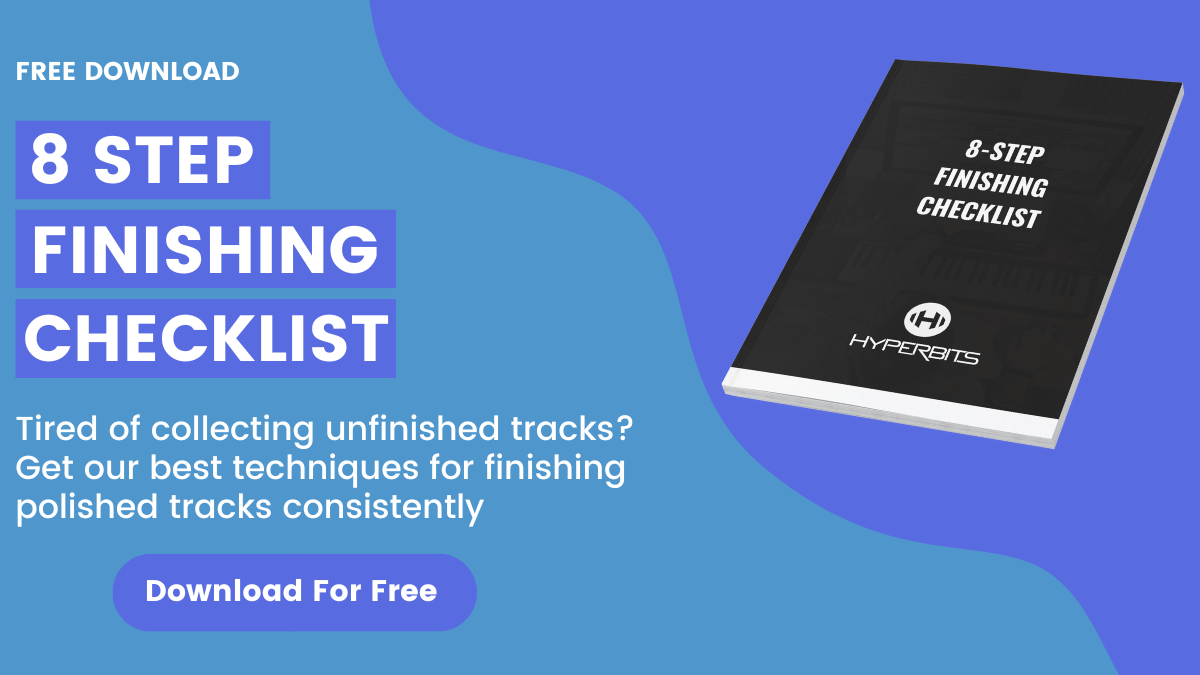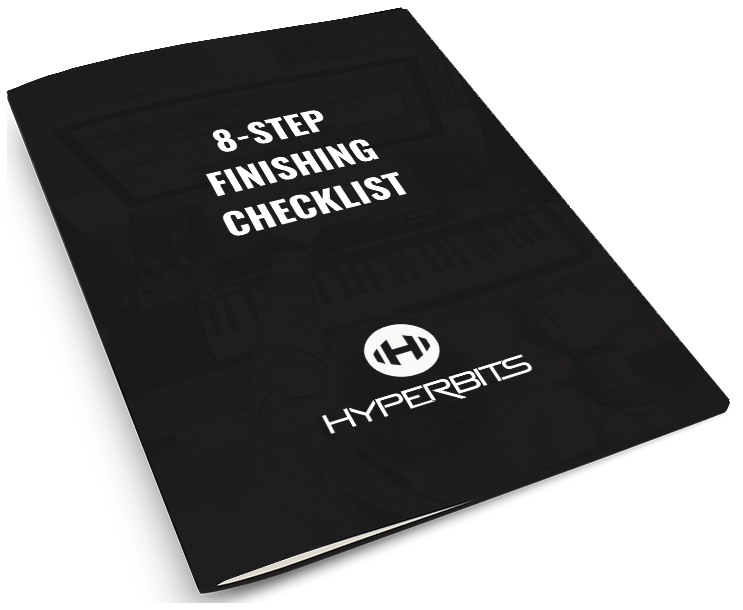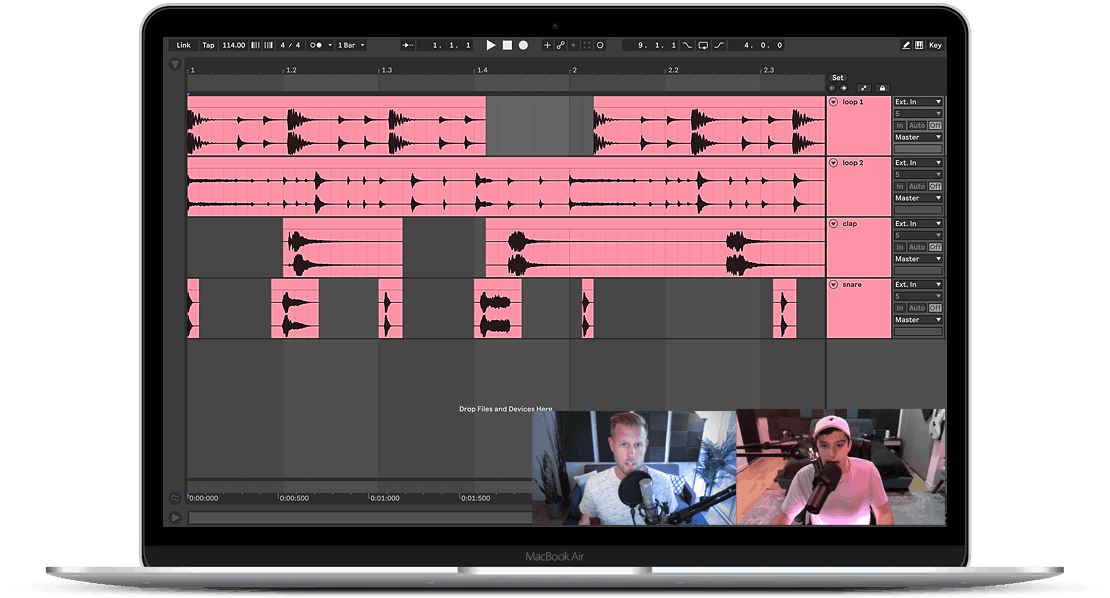How Do Artists Make Money On Spotify?
“Whenever you put out music, you're just rolling the dice, and the nice thing with Spotify is they're willing to roll them with you.”
— Ryan Hurd
With the days of physical music sales (mostly) behind us, streaming platforms are the primary place where fans go to listen to their favorite artists. As I’m sure you’ve heard, the payouts from streaming services like Spotify are extremely low. Take Aloe Blacc, a co-writer on Avicii’s song Wake Me Up (which at one point was the most streamed song EVER) – he only made $4,000 in Spotify royalties for his songwriting contribution.
Yes, it’s hard to make money on Spotify, but many artists do make part of their living through the streaming platform. Who are the types of people that Spotify pays? How do they actually get paid? How much does Spotify pay them, and how often?
In this article, I’m breaking down exactly how artists make money on Spotify. By the end of this article, you’ll know exactly how payments work, and how much you can expect to get paid for your music. And guess what…
Whoever told you that Spotify pays a fixed amount per stream is lying to you! That’s not how it works. More on that below…
What is a Master? What is Publishing?
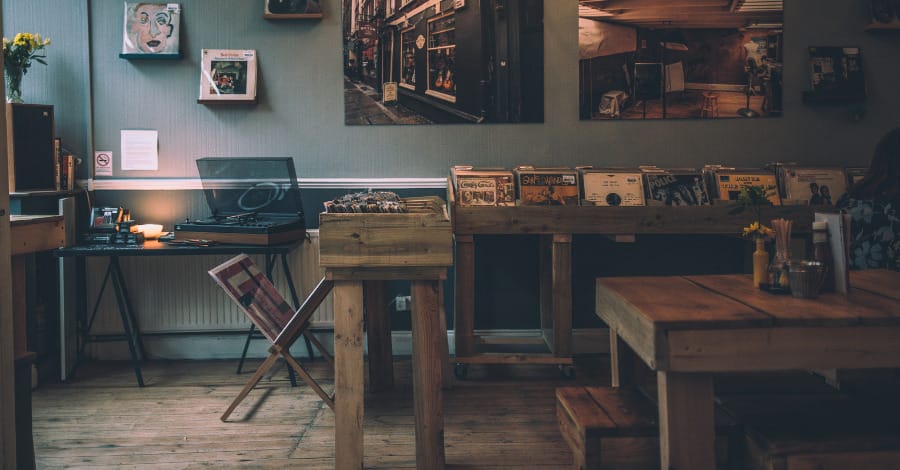
In order to understand how streaming payments work, we need to understand two concepts: 1) a Master, and 2) Publishing.
A Master is “the official original recording of a song, sound or performance.” When you sign a “record deal”, you typically sell the ownership of this Master Recording to the record label. Later, we’ll talk about Master Recording Royalties — these are the royalties paid out to the owners of the Master. That owner is usually a record label or the original artist (if they don’t have a record deal).
Publishing refers to “the business of promotion and monetization of musical compositions.” Publishing is all about the songwriters and producers who created the musical idea performed in the Master Recording, and there is a whole industry built around collecting these Publishing Royalties for creators. Spotify (and other streaming platforms) pay out a second set of royalties to the creators of the musical composition underlying the songs that get streams.
What are Splits?

One important concept to understand when it comes to making money on Spotify is the idea of "splits." Splits refer to how the ownership and revenue of a song or album is divided up between different parties involved in its creation and distribution. These parties might include the artists, songwriters, producers, and record labels, among others.
Here are a few typical scenarios that can help illustrate how splits work. Remember, all of the percentages are up for negotiation:
Scenario 1:
You make a song by yourself and release it independently. In this case, you would own 100% of both the master ownership (the rights to the actual recording of the song) and the publishing ownership (the rights to the underlying composition and lyrics).
Scenario 2:
You make a song with another writer who sings on the track and release it independently. In this case, you might negotiate to own 70% of the master ownership, while the singer would own the remaining 30%. For publishing ownership, you could both receive a 50% split.
Scenario 3:
You make a song with two other writers, one of whom sings on the track, and release it independently. In this case, you would again own 70% of the master ownership, while the singer would own 30%. However, the publishing ownership would be split three ways, with each of you receiving a 33.3% share.
Scenario 4:
You make a song with two other writers, one of whom sings on the track, and release it with a record label. In this case, the label would own 50% of the master ownership, while you and your collaborators would split the remaining 50%. For example, if you agreed to a 70/30 split, you would own 35% of the total master ownership, while the singer would own 15%. The publishing ownership would be split three ways, just like in Scenario 3.
Keep in mind that these split numbers can change depending on many factors. For example, you might decide to give a collaborator a bigger share of the master ownership if they did a lot of work on the song, or a label might offer you more money up front in exchange for a smaller artist split. When it comes to publishing ownership, it's pretty common for everyone to get an equal share. But for the master ownership split, there's much more room for negotiation and different arrangements.
Who Gets Paid by Spotify?
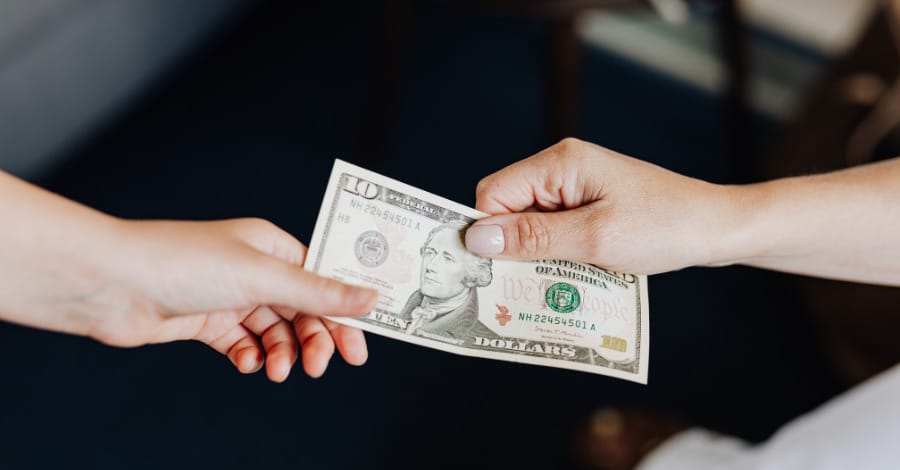
There are two types of people who are entitled to Spotify royalties: the copyright owners of the Master Recording of a song, and the copyrights owners of the Musical Composition of a song. Every time an artist creates a piece of music, they create these two types of copyright.
Master Recording Royalties vs. Publishing Royalties
Recording Royalties are paid to the owners of the Master Recording. Typically, this is either a label, or the original artist.
- Record Label: if you have signed a record deal with a label, Spotify will pay the label the Recording Royalties generated from your song. Then, the label will pay you according to the terms of your record deal. Your record deal will dictate:
- How much you get paid – typically, artists take home anywhere from 15-30% of their Recording Royalties, and the label keeps the rest.
- How often you get paid – most labels do their accounting twice a year, meaning you’ll be paid every six months. This varies label to label.
- The label’s recoupable expenses – the label will often pay themselves back for money they have spent on your music before they start paying you. For example, if they hired a graphic designer to do your album artwork, they often will use your royalties to recoup the cost of the designer before they start paying you your share of the Recording Royalties.
- Record Label: if you have signed a record deal with a label, Spotify will pay the label the Recording Royalties generated from your song. Then, the label will pay you according to the terms of your record deal. Your record deal will dictate:
- Independent Artist: if you are an independent artist, you get to keep all of your Recording Royalties (yay!). However, in order to get your music on Spotify in the first place, you’ll need to sign up with a distributor. Distributors charge a nominal fee to send your music to Spotify – Spotify will send the money to your distributor, and then your distributor will send it all to you. Spotify makes these payouts once per month.
Publishing Royalties are paid to the owners of the Musical Composition. The Musical Composition is the underlying musical idea of the song, like the melody or lyrics. If an artist does not have a publishing deal, they need to register with a performance-rights organization like BMI or ASCAP to collect any publishing revenue.
However, it can be notoriously hard to collect all your publishing revenue, which is why many artists sign a deal with a Music Publisher. Music Publishers go out to collect Publishing Royalties on behalf of artists, and keep a percentage of all the revenue they generate.
How Much Does Spotify Pay?
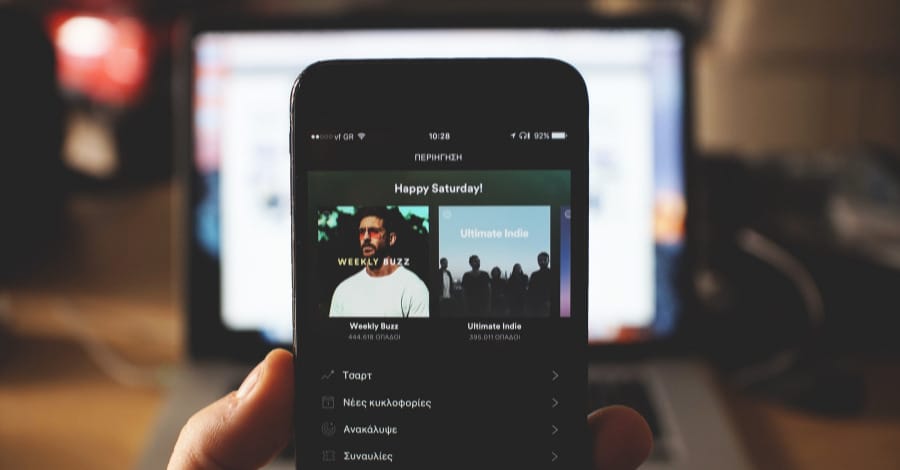
Whoever told you that Spotify pays a fixed amount per stream is lying to you!
That’s right. Spotify doesn’t pay half a cent, a quarter of a cent, and any fixed amount per stream.
Instead, Spotify royalties are calculated with something called “streamshare” and they pay you according to that. Here’s how streamshare works…
Spotify pays 75% of its monthly revenue to the copyright holders of music, in the form of Recording Royalties and Publishing Royalties. 59.9% of the monthly revenue is paid out as Recording Royalties, and 15.1% are the Publishing Royalties.
In order to calculate the amount paid per stream, Spotify calculates a monthly “streamshare”. Streamshare is calculated by dividing 75% of Spotify’s monthly revenue by the total streams of every song on Spotify for that month. For example…
- Total Monthly Revenue: $1,000,000
- Total Monthly Streams: 150,000,000
- Streamshare: (1,000,000 * 0.75) / 150,000,000 = $0.005 per stream
Once streamshare is calculated, Spotify pays out the owners of the Recording and Publishing Royalties accordingly.
This means that the amount paid per stream changes every month. It also means that you are competing against other artists for the highest percentage of monthly streams to get paid.
Finally, Spotify calculates streamshare and payouts within each country. Plays within higher revenue countries for Spotify can therefore be worth more in streamshare for artists.
Example Spotify Royalties Payout
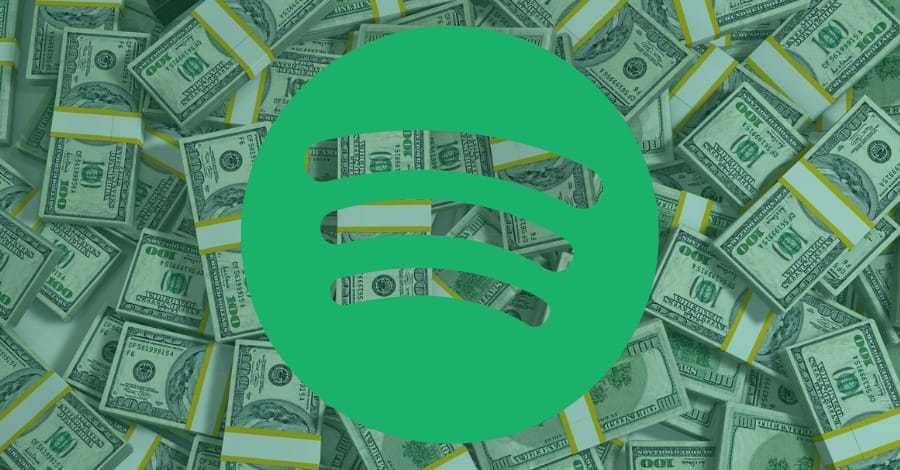
This is admittedly a little complicated, so let’s break it down with an example…
Let’s say you just released your first song. You released it through a record label where your record deal gets you 25% of the Recording Royalties. You don’t have a publishing deal, so you still hold the copyright for the musical composition (the lyrics, melodies, etc.) of the song.
Here are your song’s streaming numbers after one month:
Total Streams: 200,000
o Streams in US: 100,000
o Streams in Canada: 100,000
Next, we need to calculate streamshare. Here are the numbers we need from Spotify for the month to calculate that:
Streams
o Total Streams in US: 1,000,000,000
o Total Streams in Canada: 500,000,000
Revenue
o Total Revenue in the US: $5,000,000
o Total Revenue in Canada: $2,000,000
Now that we know Spotify’s total revenue and streams, we can calculate streamshare. Remember, this happens within each country…
US: $5,000,000 / 1,000,000,000 streams = $0.005
o Amount Paid for Recording Royalties = $0.005 * 59.9% = $0.0029
o Amount Paid for Publishing Royalties = $0.005 * 15.1% = $0.00075
Canada: $2,000,000 / 500,000,000 streams = $0.004
o Amount Paid for Recording Royalties = $0.004 * 59.9% = $0.0023
o Amount Paid for Publishing Royalties = $0.004 * 15.1% = $0.0006
Great! Now that we know the streamshare in each country, we can calculate the total royalties paid out for your streams.
US
o Recording Royalties: 100,000 streams * $0.0029 = $290
o Publishing Royalties: 100,000 streams * $0.00075 = $75
Canada
o Recording Royalties: 100,000 streams * $0.0023 = $230
o Publishing Royalties: 100,000 streams * $0.0006 = $60
Almost there! Remember, you released this song through a label – that means you only keep 25% of the Recording Royalties. Here is your final payout:
- Recording Royalties: ($290 + $230) * 25% = $130
- Publishing Royalties: $75 + $60 = $135
- Total Payout: $265
Final Thoughts on Making Money with Spotify Royalties
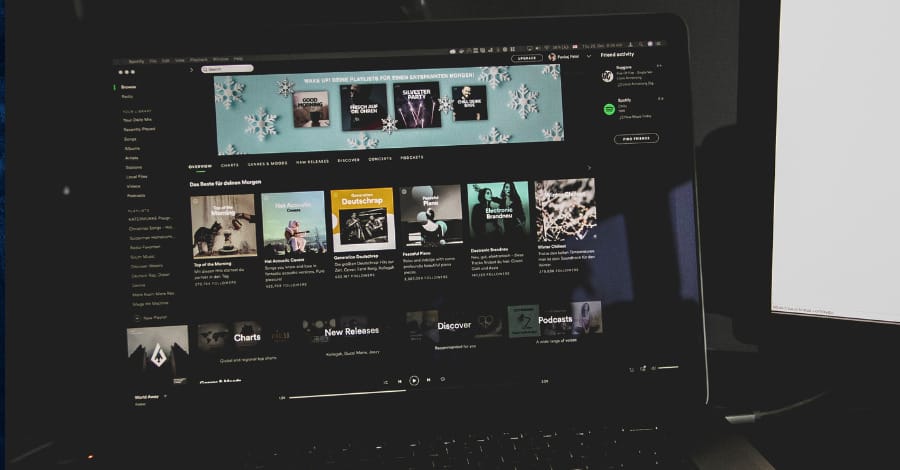
That’s how artists make money on Spotify. You should have a couple main takeaways here:
- You sacrifice a lot by releasing with labels. But of course, labels promote your music and generate more streaming revenue in the first place. It’s important to ask: is the exposure the label creates for me worth the percentage they will take of my royalties?
- Don’t forget about Publishing Royalties! They are a substantial piece of the pie that many artists overlook.
- Release lots of music: obviously, more music = more streams. If you have 10, 20, or even 50 songs out there generating streams, your streaming revenue could start to become very lucrative.
Streaming services have changed the game of making money in music. I actually wrote an entire article on how to do just that, where streaming revenue is only 1 of 6 strategies I discuss.
And of course, we talk all about how to make money from music in the Hyperbits Masterclass.
Any further questions? Feel free to drop me a line on your favorite social media platform.



